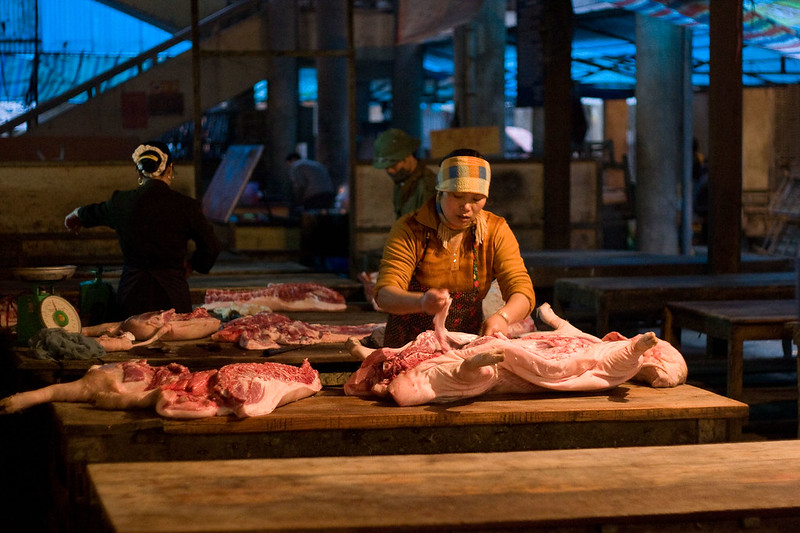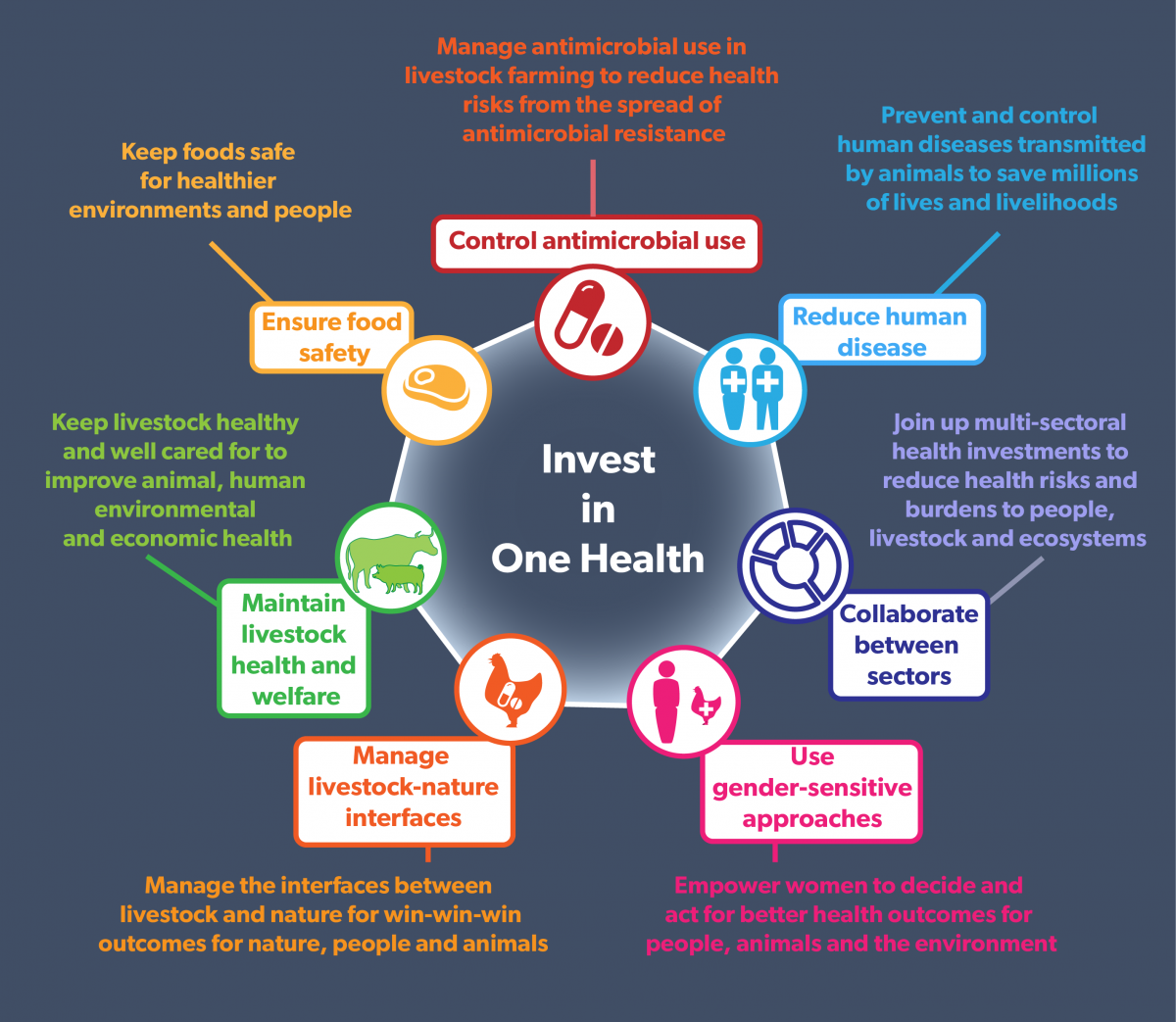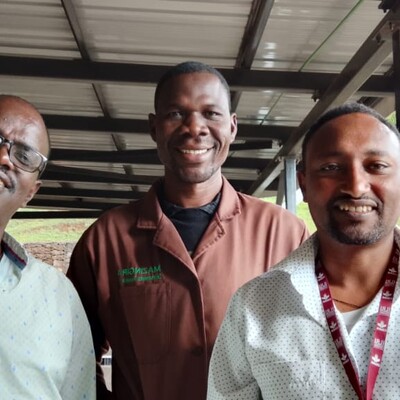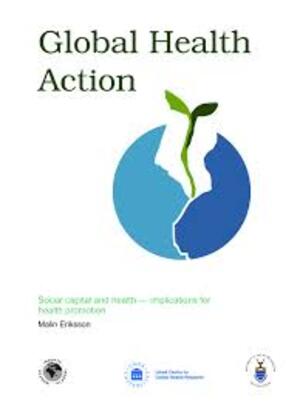
Livestock pathways to 2030: Seven ways to invest in One Health
One Health comprises the collaborative efforts of several disciplines working locally, nationally and globally to attain optimal health for people, animals and the environment. This new series of briefs summarizes why and how One Health supports sustainable development.
The One Health opportunity
Transmission of diseases from animals to humans is increasing at an alarming rate. Before the COVID-19 pandemic hit, just 13 of the more than 200 zoonotic diseases transmitted from wild and domesticated animals to people each year caused 2.4 billion cases of human illnesses and 2.2 million human deaths, most in the world’s poorer countries.

The 2020–2021 coronavirus pandemic alone has killed more than 2.5 million people to date and has cost trillions of dollars in damage and lost livelihoods. It is just the latest example of a previously unknown disease to jump from animals to people. It is unlikely to be the last.
These complex health risks and burdens cross disciplinary, national and species boundaries so traditional, parallel sectoral approaches based around public health, veterinary services or environmental management are inadequate.
One Health, when it is applied, has shown the added value in saving human and animal life as well as economic benefits compared to sectoral approaches. For instance, one dollar invested in One Health approaches can generate five dollars’ worth of benefits at the country level through increased Gross Domestic Product and the individual level.
One Health approaches work across sectors and scales for better health outcomes for people, animals and the environment. They recognize the interconnections between all three.
One Health shifts the focus from disease treatment and control to disease prevention, surveillance and preparedness. Understanding the complex linkages among the wider environment, biodiversity and emerging infectious diseases is essential, though often overlooked.
One Health for sustainable food systems
Healthy food systems are essential to mitigate future pandemics and other health crises. Each year, unhealthy diets are responsible for 11 million preventable deaths globally. Taking a multisectoral One Health perspective in food systems facilitates policy and investment solutions that look at the potential synergies and trade-offs from different investments rather than looking for parallel or one-size-fits-all solutions. It also moves the conversation away from binary diet choices—meat, fish or plants for example—highlighting instead the links between human, animal and ecosystem health and resilience.
What can be done
We have identified seven key areas and more than 20 practical action areas that governments, investors, experts in One Health and policymakers can promote and invest in for better health and improved food systems (see diagram below).

The interventions emphasize the need to move to actions that are adaptive and flexible in local contexts. Some common actions include:
- Foster enabling environments for cross-sectoral partnerships and collaboration
- Mainstream One Health at policy and regulatory levels
- Take risk-based mitigation measures rather than imposing blanket bans or harsh regulations
- Employ market-based mechanisms using (e.g. consumer demand, certification) for change
- Apply approaches that work across sectors and recognize that work from all sectors needed
- Better understand how human social behaviour impacts the emergence and spread of disease
- Take a gender lens to One Health to account for the perspectives and needs of both women and men
- Use community-based approaches that focus on leveraging local knowledge and supporting local communities to become active managers of responses
- Build the capacity of informal traders and sellers, academics and government officials to be able to undertake One Health actions
Join us
Over the coming months, researchers will be reviewing the evidence and experiences in these seven areas to identify areas of investment for strengthening healthy food systems and improving animal, human and ecosystem health. We welcome feedback and partners interested to contribute.
Provide comments and feedback to Cynthia Mugo (c.mugo@cgiar.org)
Visit the Why Livestock Matter website to view the briefs.





















